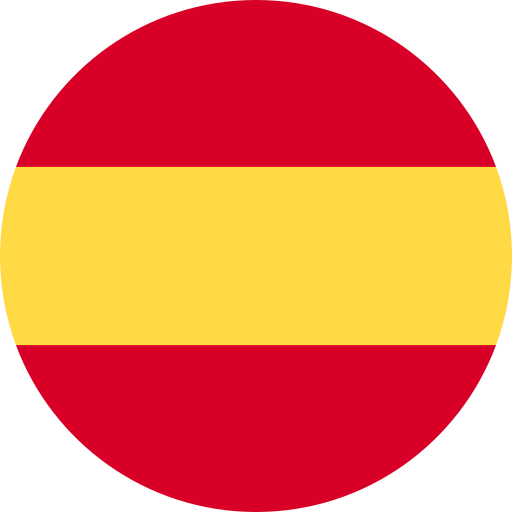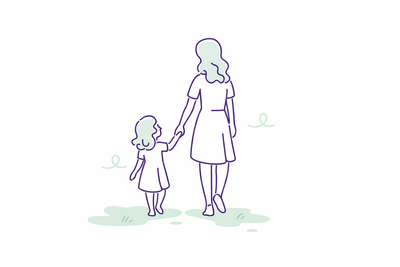How to leave the playground without power struggles
Often you can avoid a crisis when leaving the playground. Have you already tried these methods?

You already know me, I believe that crisis can almost always be avoided, especially when they are predictable, such as when leaving the playground.
In this post I'll give you some ideas that have worked for us over the years.
We no longer use these methods (except the 10-minute one), because my children have had so many opportunities to practice this "skill" that they are now pros at "leaving the playground".
- Prepare them. While going to the playground, explain: “I sit down, you play, then I get up, I tell you 10 minutes, I sit down again and when I call you, we go”. Go into details, and make it fun.
- Use the watch. Write the "curfew" on a piece of paper (digital time or dial) and put it in their pocket. Compare it to your watch when it's time to go (and also a few times before so they're happy it's not time to go yet).
- Give the "10 minutes". Stop them, lower yourself to their height, look at them in the eyes, and smile: “You still have 10 minutes and then we'll go. I'll call you when it's time, ok?”. If they look at you in the eyes it works better than shouting it from one side of the playground to the other.
- Use other parents. If you are with friends, leave all together. This also works with strangers, if your kids are playing together ;-)
- One more go. “You still have 1 go on your favorite ride, and then we'll go. Which one do you choose? ". If they don't accept, find the compromise together (2 rounds?).
- Be creative. "Shall we jump like bunnies towards the car?" “I just remembered a game that we can play at home. Come, I'll tell you while we walk towards the car".
- Keep calm. In a crisis, getting angry makes it worse. Pick them up, breathe and repeat "I understand, I'm here with you". Your calm is their calm. Also, it's normal that they don't want to go home, the playground is fun: changing your expectations helps keep calm (and it also helps not to see anger as a negative emotion, because it's not).
- Talk about it calmly. If it didn't go well, when everyone is calm, say: "Today it didn't go very well, would you like to try and make an extra effort next time?".
What other methods and sentences do you use with your kids? Please, share them in the comments so other parents can use them too.
































